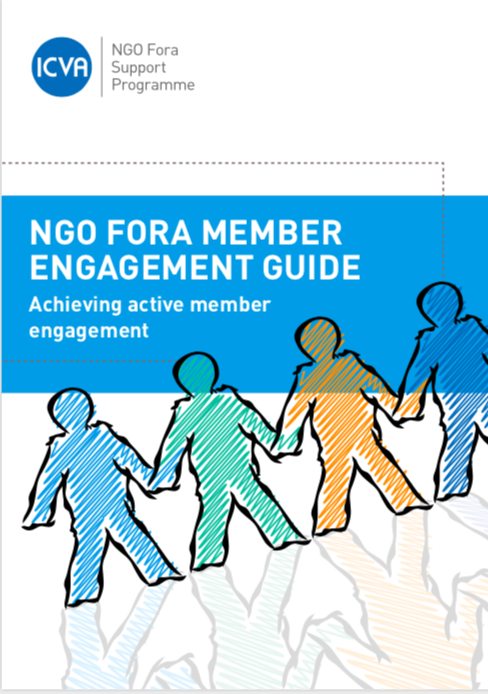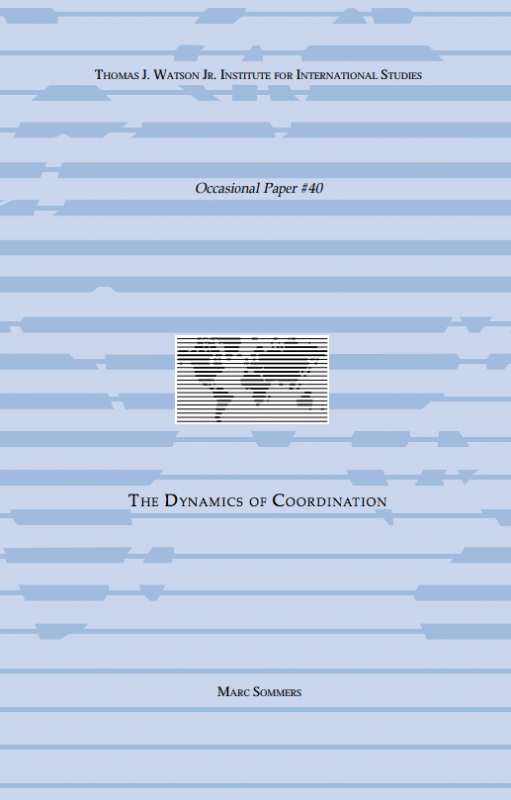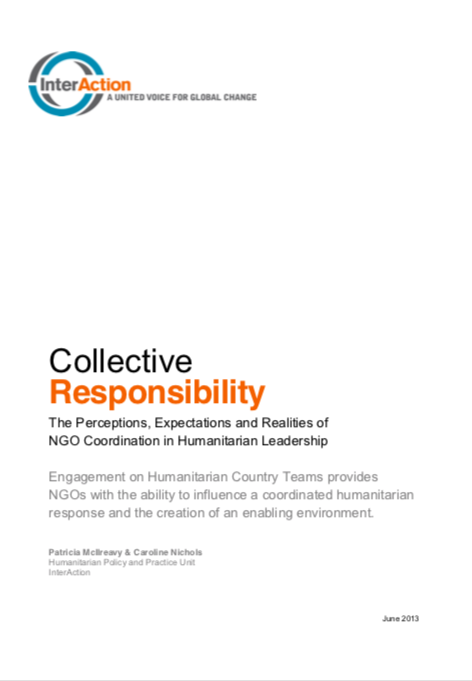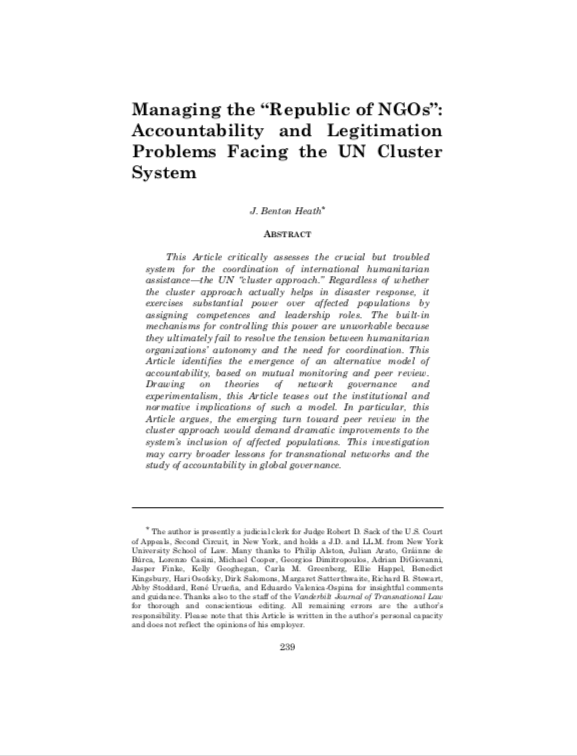
NGO Fora Member Engagement Guide
Humanitarian coordination
This guide was developed under ICVA’s NGO Fora Support Programme. It presents good practice and key considerations for NGO coordination fora seeking to achieve active and sustained member engagement. Whilst the guide is not definitive, it outlines a variety of considerations to inform member...




